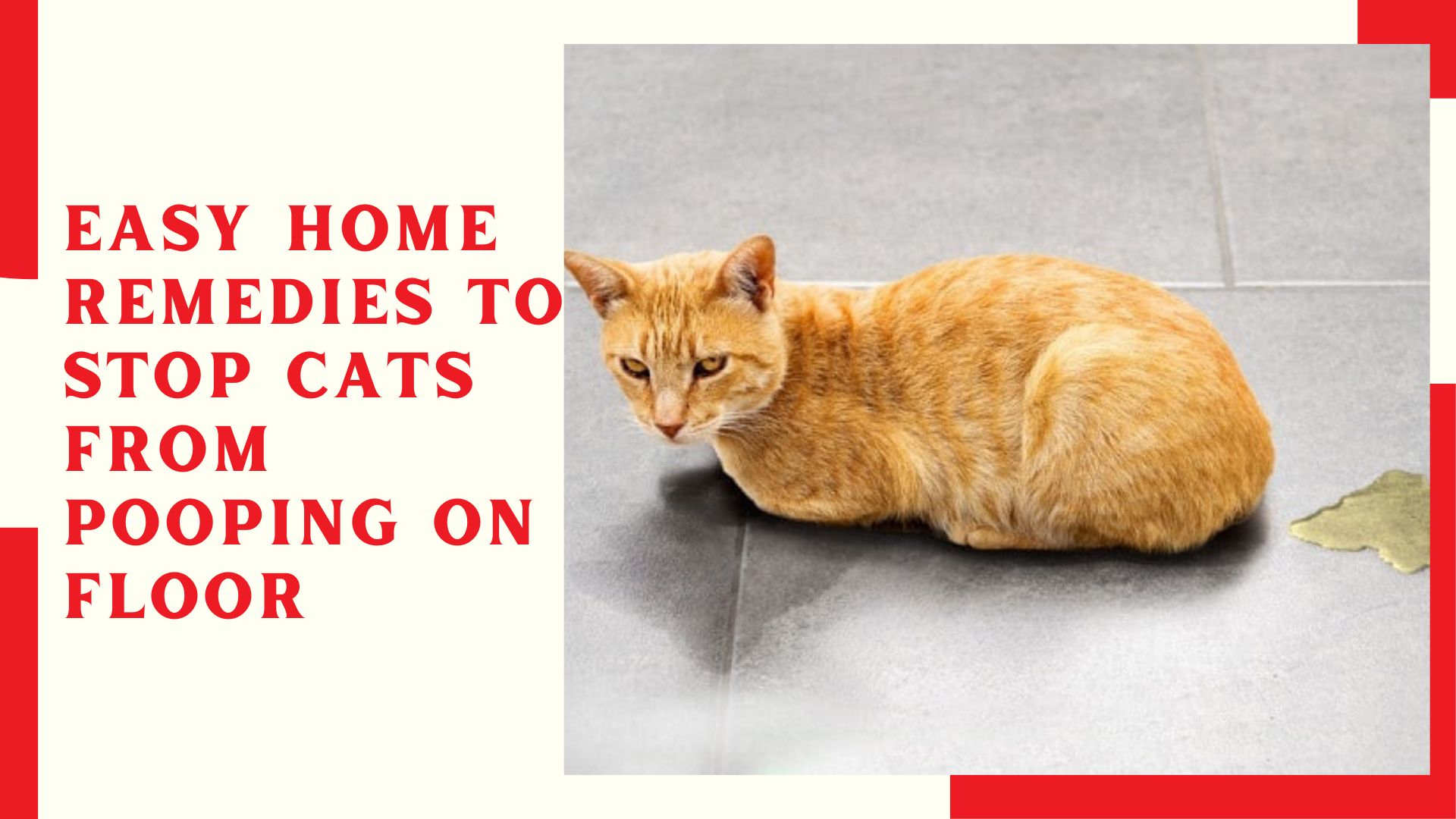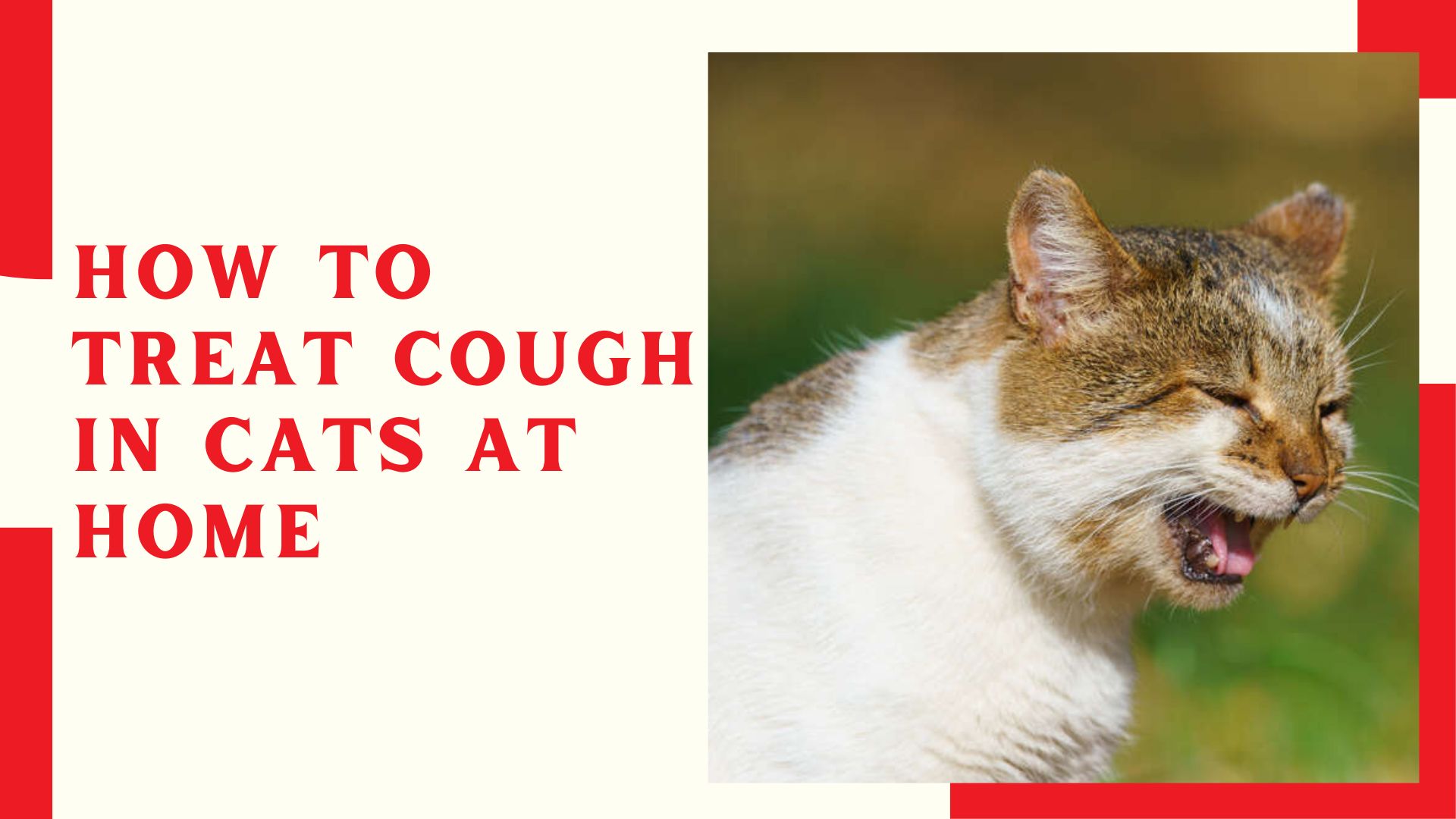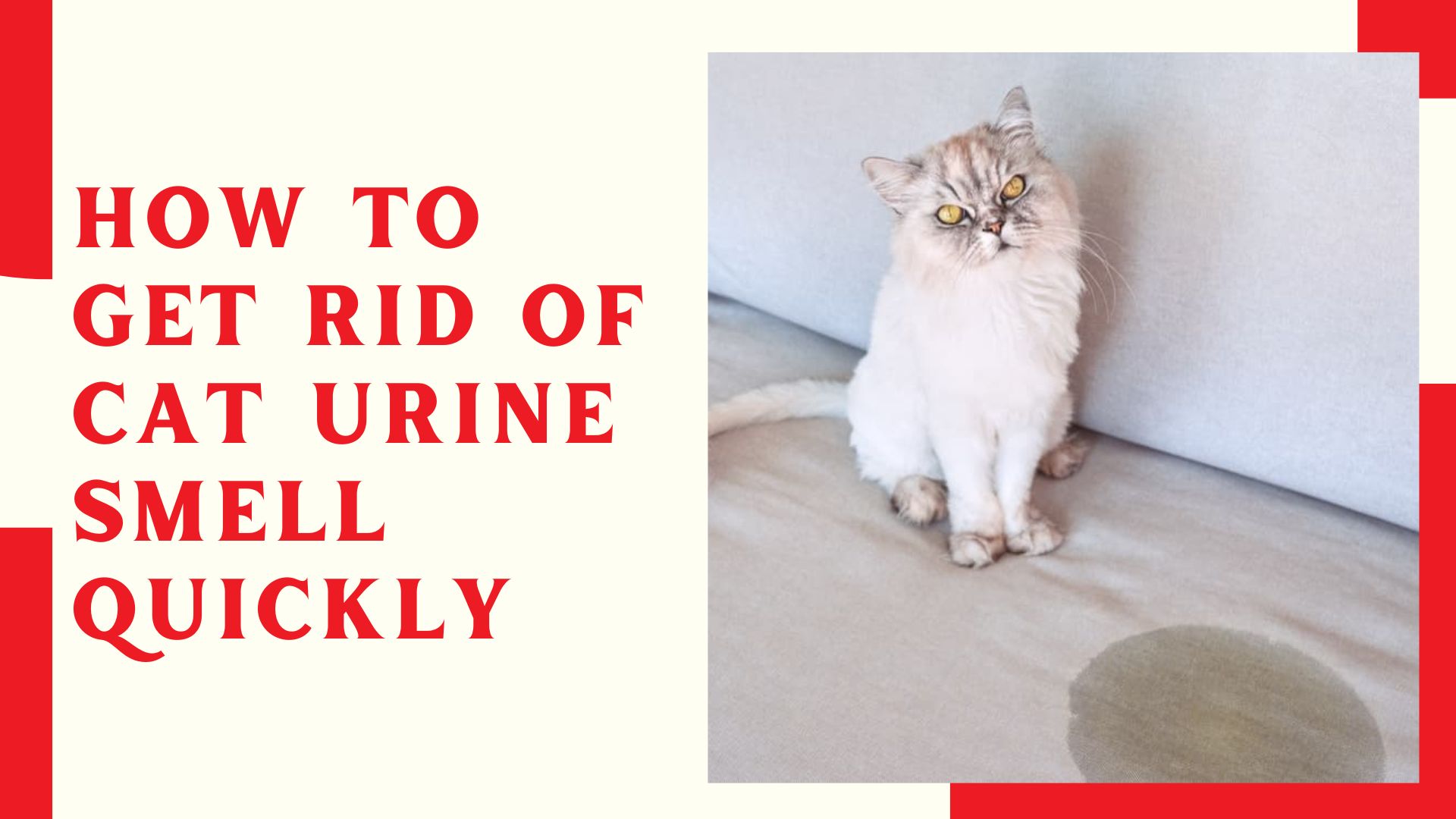Cats are obligate carnivores, meaning their diet must consist of meat to provide the essential nutrients they need. While commercial cat foods are specifically formulated to meet these needs, several human foods can be safe and even beneficial for cats in moderation. Here are some of the best options:
Related Products You Might Like
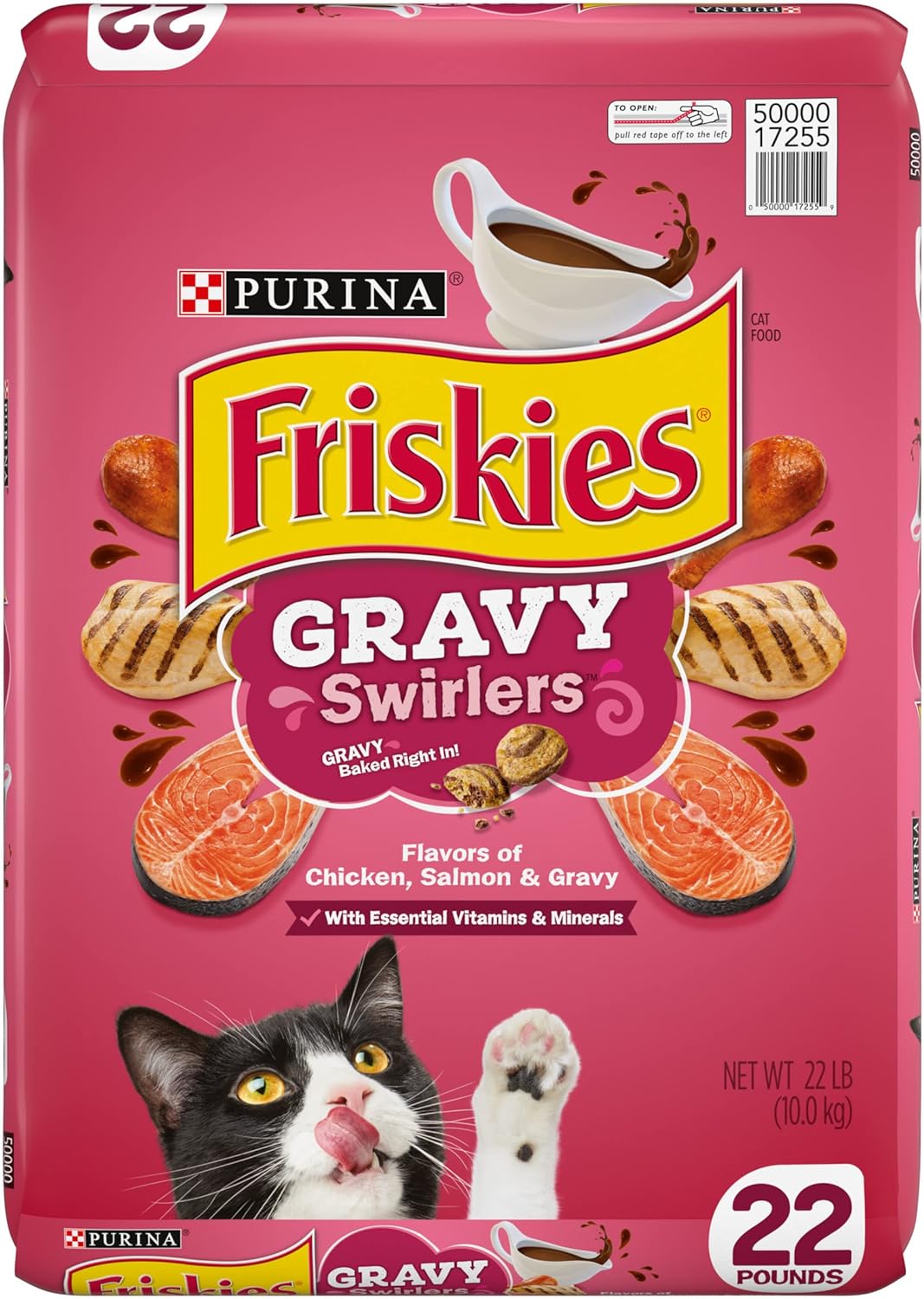
Dry Cat Food
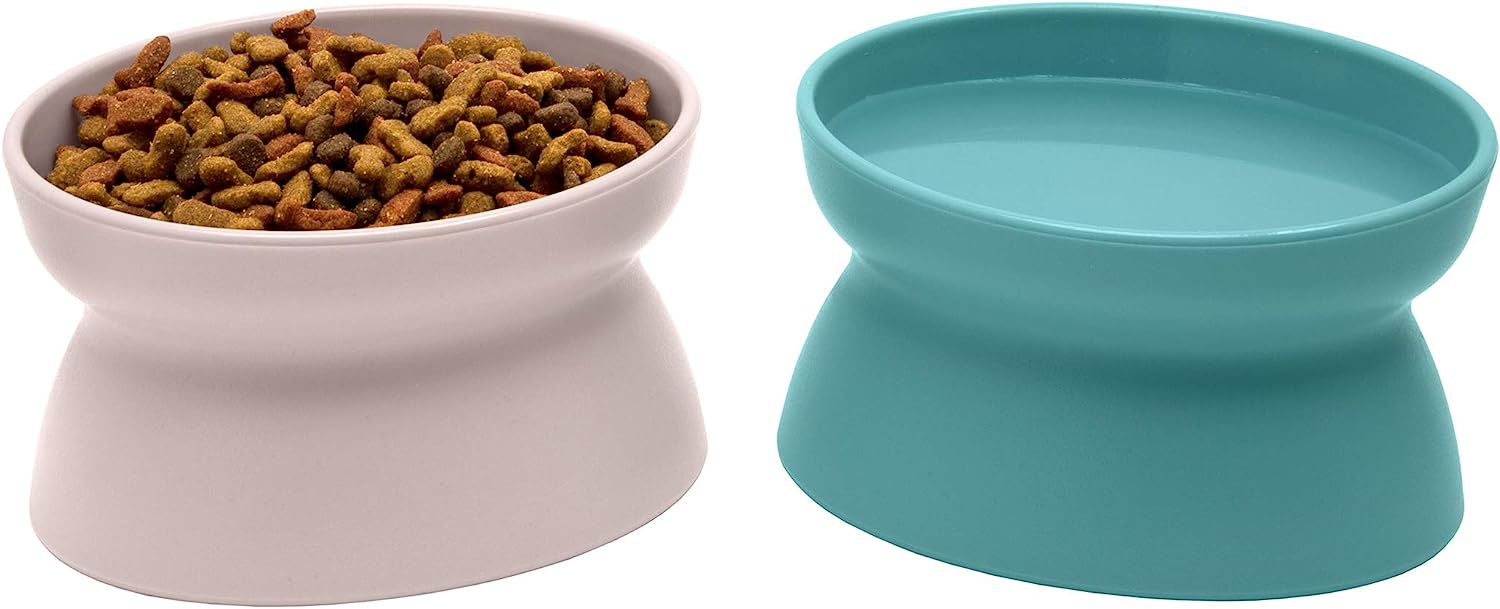
Cat Food Bowl
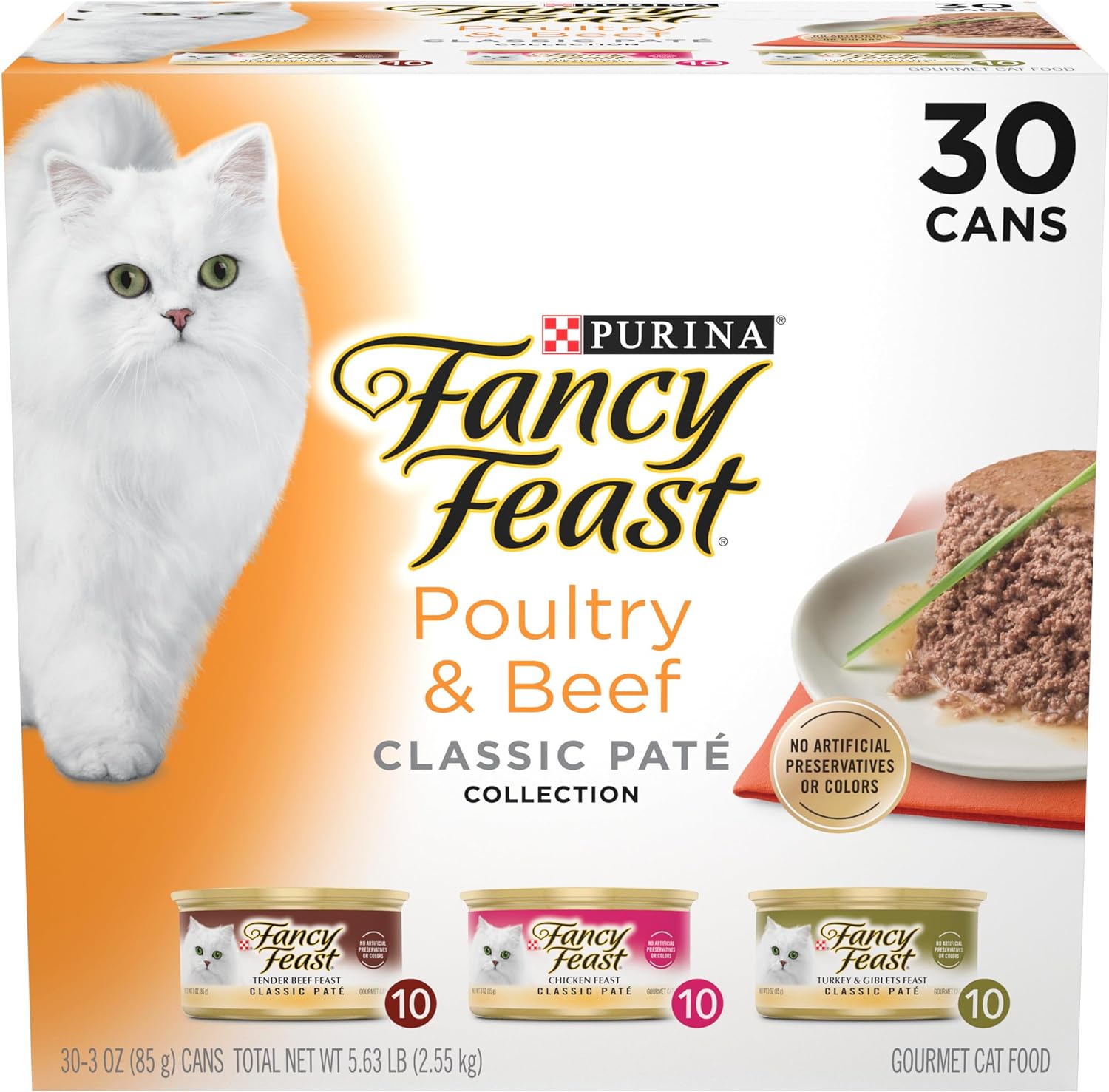
Wet Cat Food
"(Paid Links)" 
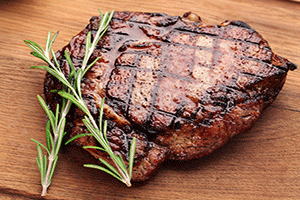
Cooked Meat
Cats thrive on protein, and cooked meats like chicken, turkey, and beef are excellent sources. These meats should be plain, without any seasoning, onions, or garlic, as these additives can be harmful to cats. High-quality protein sources like chicken, turkey breast, and lean cuts of beef are excellent options for cats, as they provide essential amino acids such as taurine, which is crucial for their vision and heart health.
Fish
Fish can be beneficial for cats due to their high omega-3 fatty acid, that supports a healthy coat and skin. Cooked salmon, in particular, is a good choice. However, fish should be an occasional treat rather than a staple because too much fish can lead to nutritional imbalances and mercury exposure. It's crucial to avoid giving cats raw fish or fish with bones, which can pose a choking hazard.
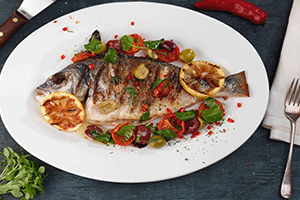
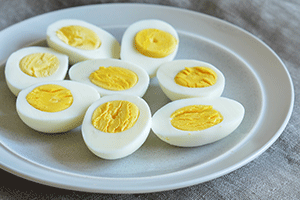
Eggs
Eggs are excellent source of protein for cats. Cooked eggs, either scrambled or boiled, can provide a nutritious snack rich in vitamins and minerals. Like other foods, eggs should be served plain and fully cooked to prevent the risk of salmonella or E. coli infection. The biotin in eggs also promotes healthy skin and fur.
Pumpkin
Plain, cooked pumpkin is beneficial for cats, particularly in aiding digestion. It is high in fiber, which can help with both constipation and diarrhea. Additionally, pumpkin contains vitamins A, C, and E, which support overall health. A small spoonful of canned pumpkin (not pie filling, which contains sugars and spices) can be mixed into your cat's regular food as a dietary supplement.
Blueberries
Blueberries have antioxidants, which can support your cat’s immune system and overall health. These berries can be given as occasional treats and can be served fresh or frozen. While cats are not typically attracted to fruits, some may enjoy the taste and texture of blueberries.
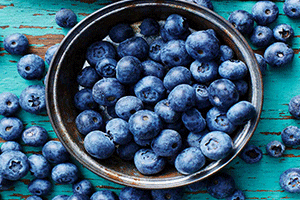
Carrots
Cooked carrots can be a good occasional treat for cats. They contain beta-carotene, which is then converted into vitamin A, essential for vision and immune health. Carrots should be cooked and cut into small, manageable pieces to prevent choking.
Cheese
While not all cats can tolerate dairy, some cats enjoy small amounts of cheese. Cheese is high in calcium and protein, but it should be given sparingly due to its high fat content. Lactose-intolerant cats should avoid dairy products altogether to prevent gastrointestinal issues.
Feeding Guidelines
When introducing any new food into your cat’s diet, do so gradually and in small amounts to monitor for any adverse reactions. Human foods should not replace a balanced, species-appropriate cat diet but can be used as supplements or occasional treats. Always ensure the foods are plain, cooked, and free from harmful additives like salt, sugar, and spices.
Foods to Avoid
While some human foods are safe for cats, many are not. Avoid feeding cats chocolate, grapes, raisins, onions, garlic, alcohol, caffeine, and any foods containing artificial sweeteners like xylitol, as these can be toxic.
Conclusion
Incorporating safe human foods into your cat's diet can provide variety and additional nutrients. Before making changes to your cat's diet, it's important to always seek advice from a veterinarian to make sure that their specific health requirements are being met. Enhance your cat's diet and keep them happy and healthy by selecting the appropriate foods.

